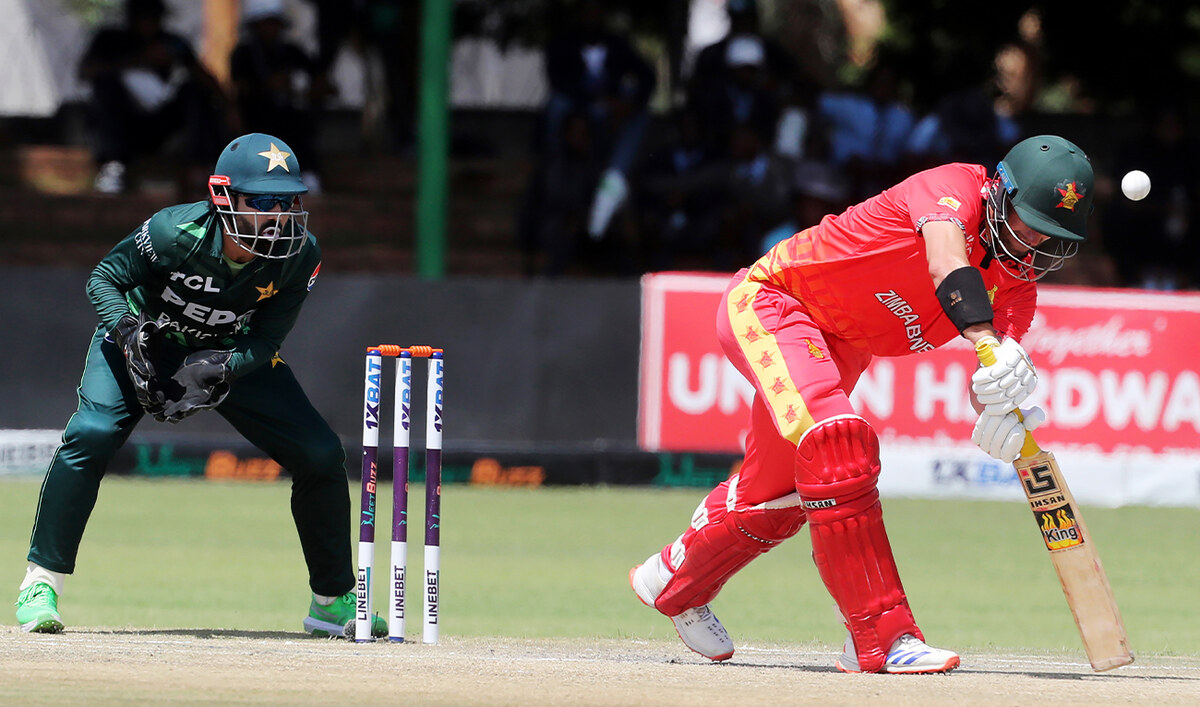ISLAMABAD: Pakistani scientist Dr. Mehmood Khan this week became a member of a distinguished list of doctors, researchers, innovators and entrepreneurs from around the world who were granted Saudi citizenship, according to a list published by financial news portal Argaam.
An American national, Dr. Khan is currently the chief executive officer of the Hevolution Foundation, a non-profit organization that aims to increase the number of aging-related treatments, compress the timeline of drug development, and increase accessibility to therapeutics that extend a human lifespan.
A global non-profit organization headquartered in Riyadh with a North American hub, and an annual budget of up to $1 billion, Hevolution Foundation is the second largest geroscience funder with plans to open offices in other international locations. Geroscience is a field of biomedical research that seeks to understand how aging processes drive chronic diseases.
Dr. Khan was awarded Saudi citizenship after the kingdom opened its citizenship to highly skilled professionals as part of its Vision 2030, aiming to attract and retain exceptional global talent to enhance the kingdom’s economic and social development. A royal decree to this effect was issued in November 2021, allowing people belonging to specialized fields such as science, medicine, culture, sports and technology to apply for citizenship.
Dr. Khan, who earned his medical degree from the University of Liverpool Medical School in England, was also mentioned in the list of all the high achievers who received Saudi citizenship this week in Argaam.
“So I grew up in England, actually haven’t had a chance to grow up in Pakistan,” Dr. Khan said during an interview in 2015 at OPEN Silicon Valley, an international organization of Pakistani entrepreneurs. “Proud to be Pakistani [though].”
He advised budding corporate leaders and those aspiring to make a name for themselves in the medical field to take risks in life and pursue their passion.
“Do take risks. Do not be afraid to take risks and do the best you can but pursue your passion,” he said.
The Pakistani-American scientist has an impressive profile, having served in senior corporate and medical positions in a career spanning three decades.
Dr. Khan has served as the chief executive officer at Life Biosciences Inc, vice chairman and chief scientific officer of global research and development at PepsiCo. from 2007-2019, and as the president of global research and development at renowned Japanese company, Takeda Pharmaceuticals, from 2003-2008.
He has served as director of the diabetes, endocrine and nutritional trials unit at the prestigious Mayo Clinic and Mayo Medical School from 2001-2003.
Dr. Khan is a fellow of the Royal College of Physicians and a fellow of the American College of Endocrinology as well.
He was the chairman of the US-Pakistan Business Council from 2016-2019 and continues to remain a board member of Reckitt Benckiser, a globally renowned British multinational consumer goods company.
Dr. Khan advised people aspiring to achieve senior positions in the corporate and medical fields to “reinvent” themselves.
“You cannot be the same that you were 30 years ago,” Dr. Khan told OPEN Silicon Valley. “If I was still doing what I learned 30 years ago, I couldn’t even practice medicine, let alone do what I do today.”





















